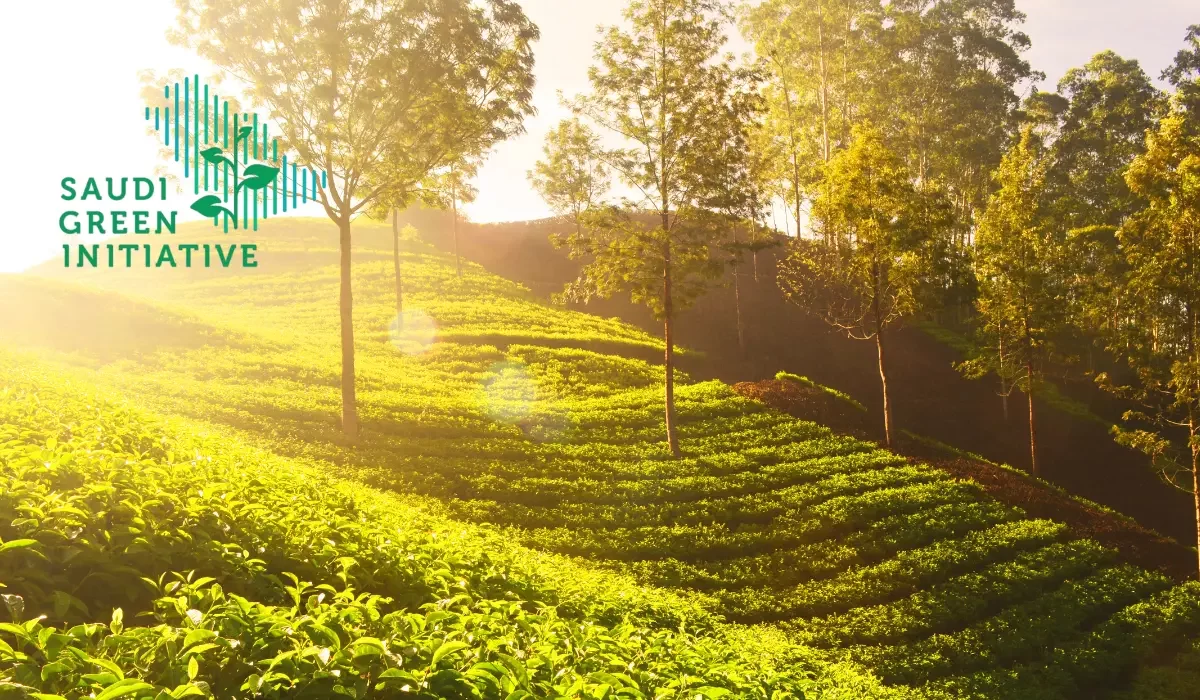
Bridging Global Standards with Local Excellence: Integrating International Frameworks in Saudi Arabia’s Environmental Landscape
See Part 1 and Part 2 (includes step-by-step guide to NCEC and RCJY) for foundational context.
As Saudi Arabia accelerates toward Vision 2030 sustainability goals, organisations across the Kingdom are facing a more intricate regulatory landscape. Today, meeting local requirements isn’t enough – projects must also align with global frameworks to ensure success. In this final article of our environmental compliance series, Staterra explores what successful integration looks like, why it matters to our clients, and how it transforms project outcomes.
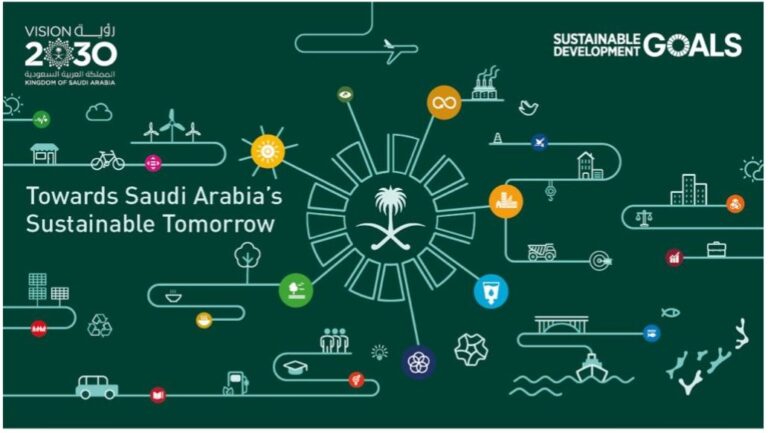
The New Reality: Beyond Local Compliance
No longer can organisations rely solely on meeting local regulations. Investors, lenders, and Saudi authorities expect projects to comply with frameworks such as the World Bank International Finance Corporation (IFC) Performance Standards, the Equator Principles, and ISO 14001– all layered on Saudi NCEC and RCER 2025 requirements.
Saudi Arabia’s commitment to global leadership in sustainability means that aligning with these standards isn’t just a checkbox – it’s the foundation for viable, future-proof investments.
Understanding the Major Frameworks – Key Pillars of Environmental Excellence
IFC Performance Standards: Clients gain a globally recognised framework for managing environmental and social risks, from stakeholder engagement and labour practices to biodiversity conservation and pollution prevention.
Equator Principles: Project sponsors and developers benefit from streamlined project finance and stakeholder confidence, with over one hundred global financial institutions requiring these standards for large-scale initiatives. These can include The World Bank, Saudi National Bank, Deutche Bank and a consortium of Lenders (UKIM, US Export Bank, COFACE, Euler Hermes & KSURE as well as Bank of Tokyo and Mitsubishi UFG.
ISO 14001: Achieving certification means your organisation demonstrates ongoing improvement in environmental performance, supporting Vision 2030 goals and strengthening your reputation.
Saudi Green Initiative: Projects contributing to national targets – like emissions reduction and habitat protection – become leaders in sustainability, meeting both local and international expectations.
Where Global Meets Local: Practical Integration
Our projects demonstrate how international standards and Saudi requirements come together on the ground:
NEOM Circular Economy Centre Phase II: NEOM set out to achieve regulatory approval and public trust for its Circular Economy Centre. By partnering with us, advanced air dispersion modelling and drone surveys were integrated, meeting both NCEC regulations and IFC standards. NEOM not only secured vital permits but demonstrated visionary sustainability and earned lasting stakeholder support.
Read our NEOM case study

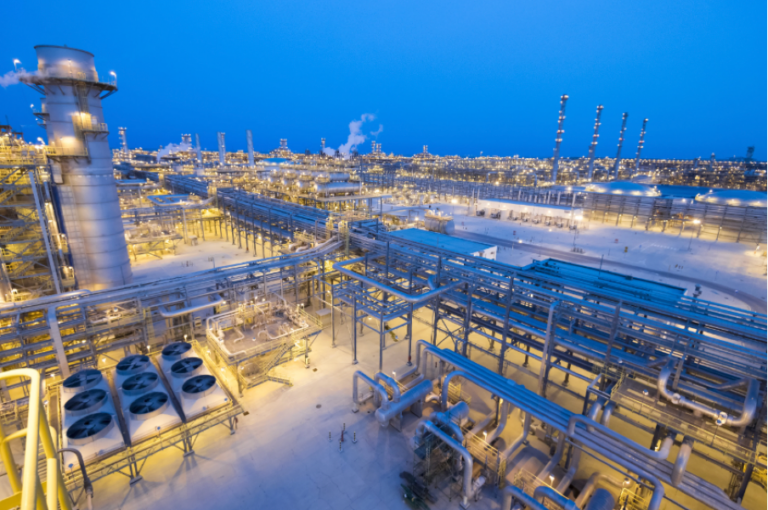
Yanbu NGL Plant Upgrade: Saudi Aramco required comprehensive safety and biodiversity enhancements at its Yanbu NGL facility, whilst maintaining compliance with RCER 2025 provisions and international requirements. Through integration of MEWA Environmental Executive Regulations and IFC Performance Standards (Performance Standard 6: Biodiversity Conservation and Sustainable Management of Living Natural Resources) Saudi Aramco achieved environmental objectives, safer operations and met global investor and community expectations.
See safety & sustainability results at Yanbu
Phase I Desk Top Study for Contaminant Assessment:
When evaluating oil & gas, industrial, or infrastructure sites, our clients turn to thorough Phase I Desk Top Studies – pinpointing contamination risks, aligning with MEWA/NCEC and RCEC regulations, and providing compliance with World Bank Group EHS Guidelines and IFC standards. This approach streamlines risk mitigation, enables confident regulatory approval, and supports sustainable site development for prestigious clients including Saudi Aramco, SABIC, Saudi Kayan and DataVolt.
Learn more about our Phase I Desk Top Study
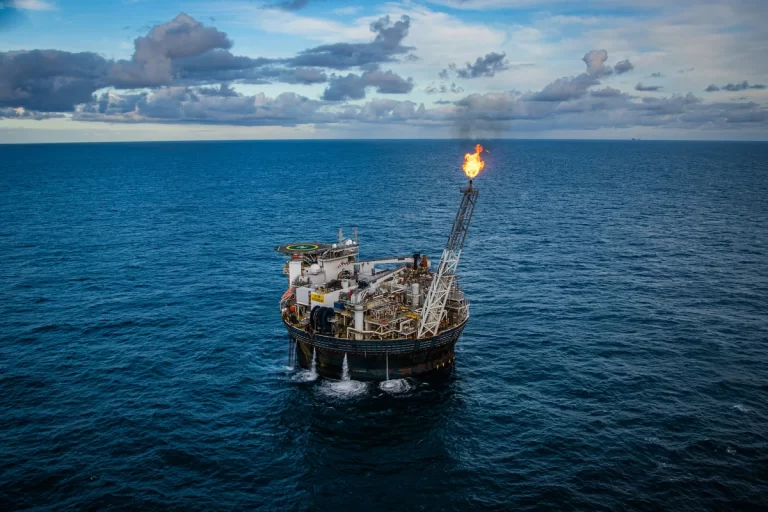
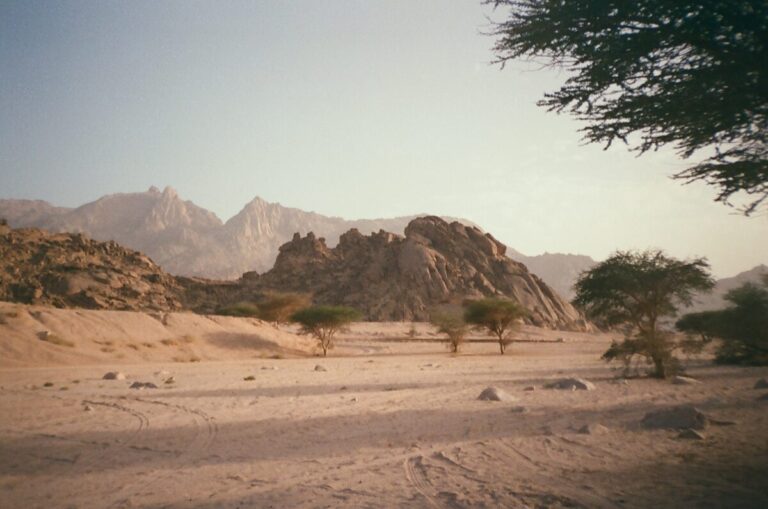
Ecological Restoration & Biodiversity at NEOM: As NEOM aimed to elevate regional biodiversity, our science-driven ecological surveys and restoration programs helped them identify native species, translocate trees, and monitor outcomes. These efforts empowered NEOM’s vision for environmental stewardship and demonstrated compliance with Saudi and international sustainability standards particularly in the area of afforestation.
Read our NEOM ecological restoration case study.
How We Help Clients Integrate Compliance
Gap Analysis: Staterra works with you to clarify both local and international requirements, ensuring resources are focused where they deliver maximum compliance and project value.
Documentation Harmonisation: Our team builds ESIA/EIA and stakeholder engagement plans that serve regulatory expectations and global benchmarks – streamlining approvals, saving time, and eliminating risks.
Seven-Level Approach: Staterra’s proprietary multi-level compliance framework ensures your needs, with Saudi legislation, global standards, and sector guidance all addressed, helping your project excel from concept to completion.
Real Benefits – And Why They Matter
- Broader Capital Access: Clients unlock new financing streams and attract global investors by meeting Equator Principles and international standards.
- Lasting Partnerships: Projects earn community and stakeholder trust through meaningful engagement and transparent sustainability practices.
- Fewer Surprises: Early integration delivers smoother permitting, avoids costly delays, and shields clients from compliance risks.
- Operational Efficiency: Streamlined processes – built around best practices – reduce costs, improve resource efficiency, and ensure projects are future-ready.

Looking Ahead: What to Expect
- Digital Compliance: Clients benefit from digital platforms that simplify regulatory reporting and seamlessly merge Saudi and global documentation.
- Climate Alignment: As net-zero targets become the norm, aligning with global climate standards positions projects for success in emerging markets.
- Unified ESG Reporting: Be ready for Gulf-wide transparency – with metrics that show real, measurable impact for investors and stakeholders.
Closing Thoughts: The Staterra Advantage
Integrating globally acknowledged and accepted International Standards with Saudi provincial, regional and local regulations is a strategic enabler – not just a paperwork exercise. Staterra has seen our partners lead the way turning complex compliance requirements into opportunities for growth, reputation, and commercial investment.
Ready to transform regulatory complexity into strategic advantage? Discover how organisations working with Staterra are shaping the future of sustainable business in Saudi Arabia.
Explore the Series
- Part 1: Multi-Level Approach to Environmental Regulations
- Part 2: Step-by-Step Guide to NCEC and RCJY Compliance
- Part 3: Bridging Global Standards with Local Excellence (this article)
